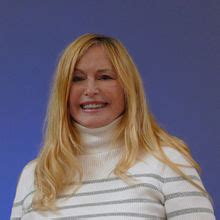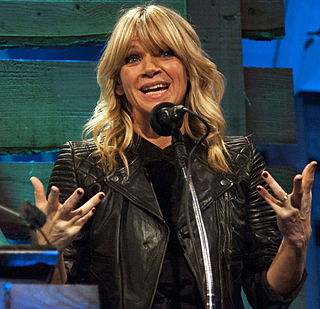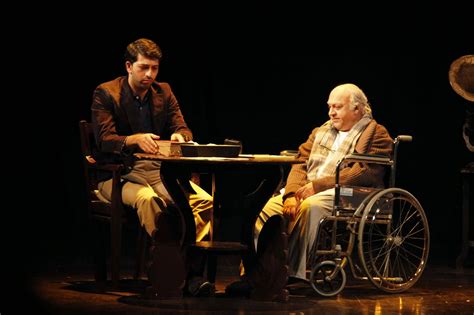A Quote by M. Scott Peck
The denial of suffering is, in fact a better definition of illness than its acceptance.
Quote Topics
Related Quotes
Every acceptance of suffering is an acceptance of that which exists. The denial of every form of suffering can result in a flight from reality in which contact with reality becomes ever thinner, ever more fragmentary. It is impossible to remove oneself totally from suffering, unless one removes oneself from life itself, no longer enters into relationships, makes oneself invulnerable.
The world is full of suffering. Birth is suffering, decre- pitude is suffering, sickness and death are sufferings. To face a man of hatred is suffering, to be separated from a beloved one is suffering, to be vainly struggling to satisfy one's needs is suffering. In fact, life that is not free from desire and passion is always involved with suffering.
Countries with the best-resourced medical services have the best outcomes for physical illness (it is better to have a heart attack in Washington or London than in rural Africa) whereas precisely the opposite is the case for mental illness (developing nations with limited psychiatric resources have better outcomes and lower suicide rates).
Every life and every childhood is filled with frustrations; we cannot imagine it otherwise, for even the best mother cannot satisfy all her child's wishes and needs. It is not the suffering caused by frustration, however, that leads to emotional illness, but rather the fact that the child is forbidden by the parents to experience and articulate this suffering, the pain felt at being wounded.
Acceptance is not a talent you either have or don't have. It's a learned response. My meditation teacher made a great point about the difference between a reaction and a response: You may not have control over your initial reaction to something, but you can decide what your response will be. You don't have to be at the mercy of your emotions, and acceptance can be your first step toward empowerment . . . For me, acceptance has been the cornerstone to my having an emotionally healthy response to my illness.



































